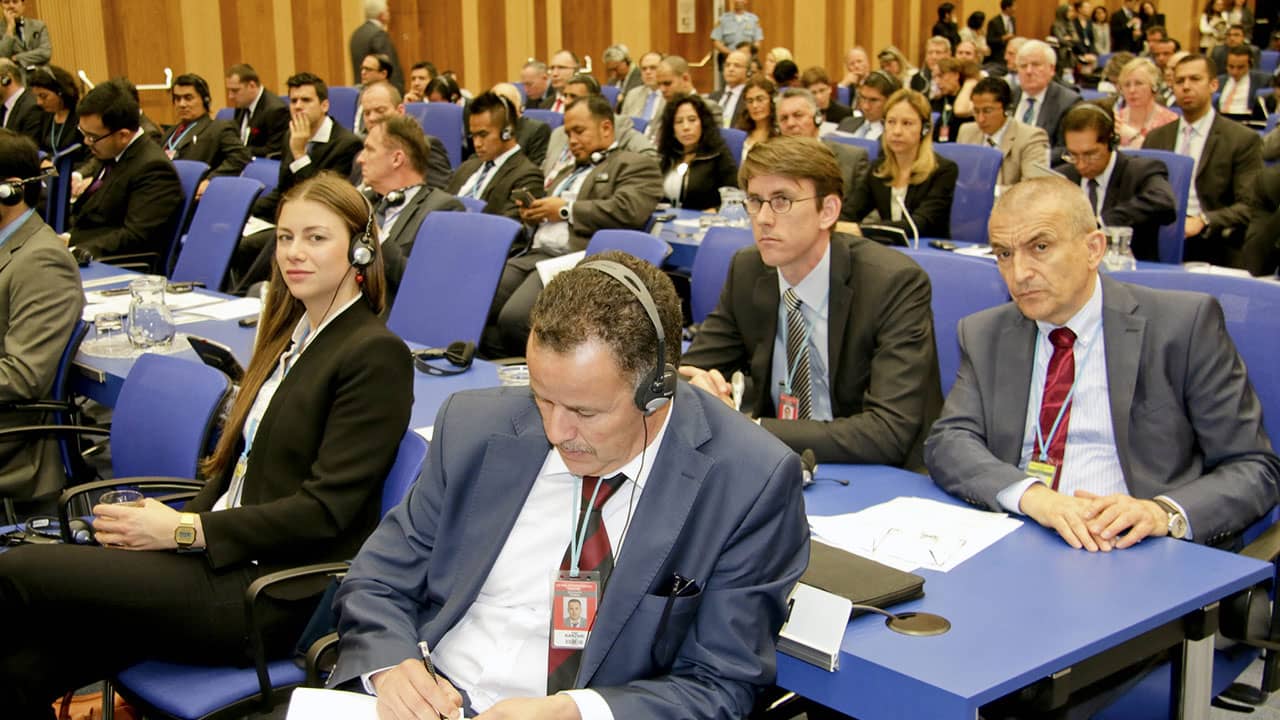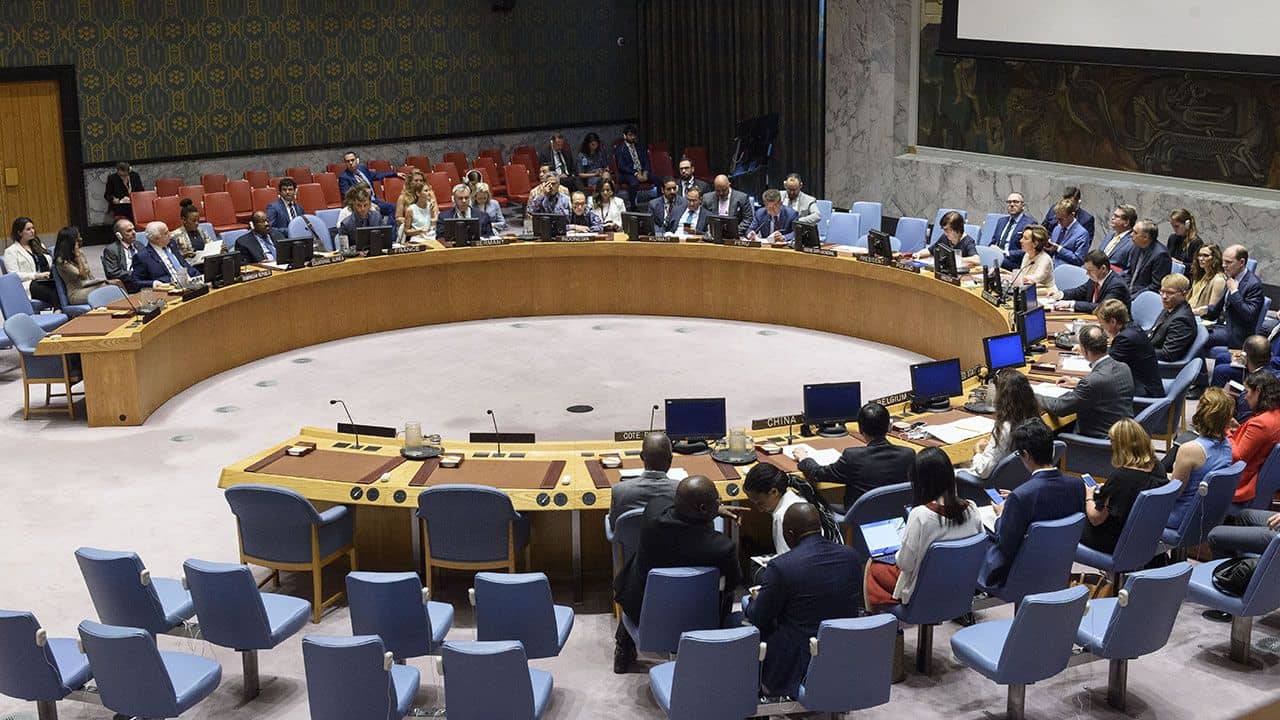United Kingdom and the Rome Statute
| Signature, Ratification of/Accession to the Rome Statute of the ICC
|
| Signature Date: |
30 November 1998 |
| Ratification Date: |
4 October 2001 |
| Amendments to the Rome Statute
|
| Ratification of the Kampala Amendment to Article 8 of the Rome Statute on war crimes [poison and expanding bullets in NIAC] (2010): |
No. |
| Ratification of the Kampala Amendment to the Rome Statute on the crime of aggression reflected in Article 8 bis (2010): |
No. |
| Ratification of the Amendment to Article 124 of the Rome Statute (2015): |
No. |
| Ratification of the Amendment to Article 8 of the Rome Statute on war crimes [biological weapons] (2017): |
No. |
| Ratification of the Amendment to Article 8 of the Rome Statute on war crimes [blinding laser weapons] (2017): |
No. |
| Ratification of the Amendment to Article 8 of the Rome Statute on war crimes [non-detectable fragments] (2017): |
No. |
| Ratification of the Amendments to Article 8 of the Rome Statute on war crimes [starvation as a war crime in NIAC] (2019): |
No. |
| Adoption of implementation legislation of the Rome Statute of the ICC |
|
The United Kingdom has full implementing legislation of the core crimes under the Rome Statute, except the crime of aggression, through the International Criminal Court Act 2001. The same Act provides for cooperation with the ICC and refers only to the general principle of “irrelevance of official capacity” (for nationals of State Parties).
|
| Cooperation Agreements |
| Ratification of Agreement on Privileges and Immunities of the Court (APIC): |
Yes, signed on 10 September 2002 and ratified on 25 January 2008. |
| Signature of Agreement of Enforcement Sentences with the ICC: |
Yes, adopted on 8 November 2007 and entered into force on 8 December 2007. |
| Signature of Agreement of Interim and Final Release with the ICC: |
No. |
| Signature of Bilateral Immunity Agreement with the USA: |
No. |
Parliamentary Action
Key Documents












